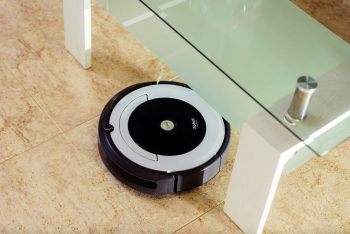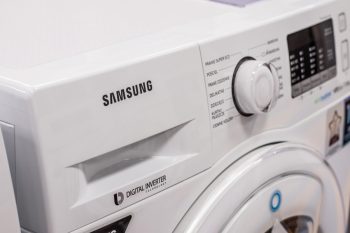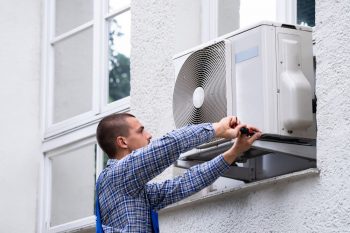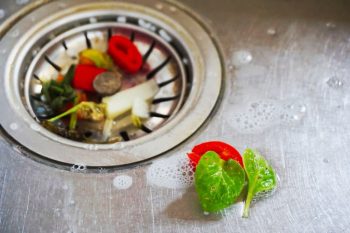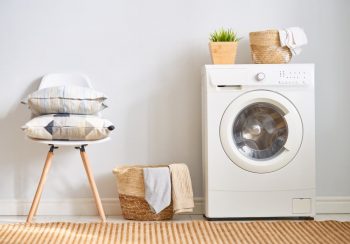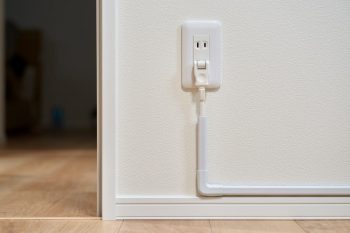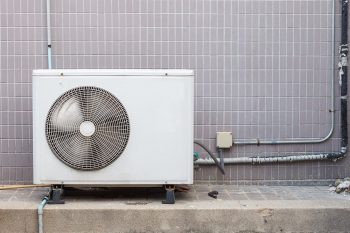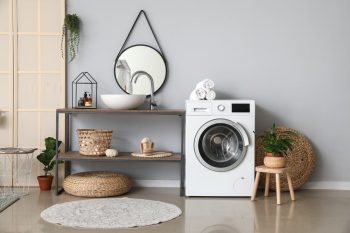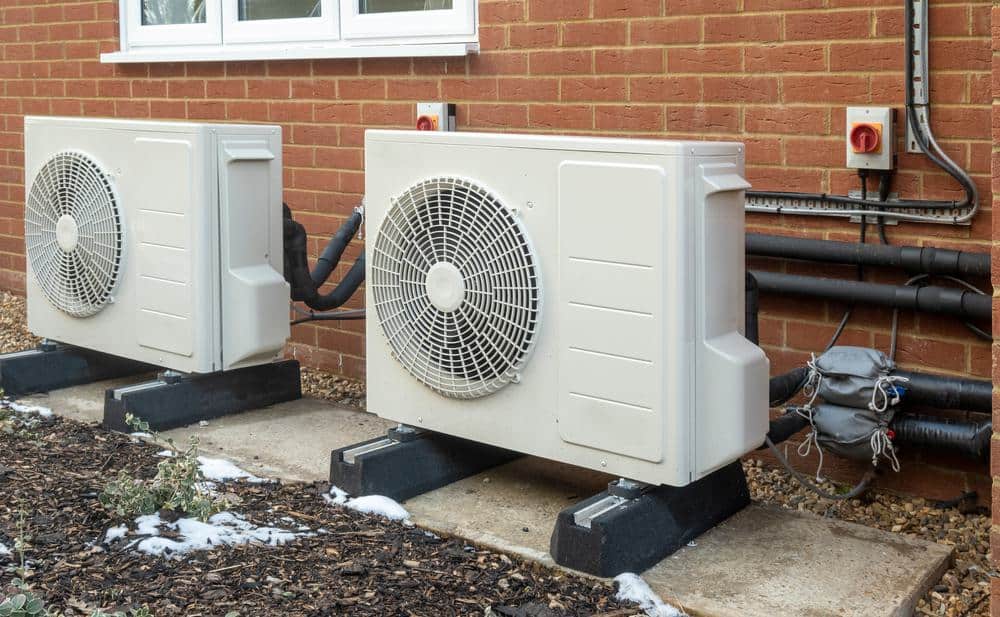
When your Carrier air conditioning unit isn’t cooling your home effectively, it can be frustrating and uncomfortable, particularly during the hot summer months. This comprehensive guide will help you understand the various reasons why your Carrier AC may not be cooling as it should, and suggest potential solutions to resolve these issues.
Your Carrier AC might not be cooling due to several reasons including incorrect thermostat settings, dirty air filter, blocked condenser unit, damaged heat pump, frozen evaporator coil, low refrigerant levels, or a faulty condensing unit. Regular maintenance and prompt attention to potential issues can help ensure effective cooling. If the problem persists despite basic troubleshooting, it’s best to seek professional help.
Incorrect Thermostat Settings
One of the most common reasons for an AC unit not cooling properly is incorrect thermostat settings. Ensure that your thermostat is set to “cool” mode and the temperature setting is lower than the current room temperature. If your thermostat is set to “heat” mode or the temperature setting is too high, your AC unit will not cool your home effectively.
Dirty Air Filter
A clogged or dirty air filter can restrict airflow, leading to reduced cooling capacity. According to the Department of Energy, replacing a dirty, clogged filter with a clean one can lower your air conditioner’s energy consumption by 5% to 15%. Check your air filter and replace it if it appears dirty or clogged.
Blocked Condenser Unit
The outdoor unit, also known as the condenser unit, can get blocked or clogged with debris, reducing its efficiency. Make sure the outdoor unit is clean and free from obstructions to ensure proper airflow and heat exchange.
Damaged Heat Pump
A damaged heat pump can cause inadequate cooling. If your heat pump is damaged or not working correctly, it may not be able to transfer heat effectively, resulting in reduced cooling. In such cases, it’s best to contact a professional HVAC technician for inspection and repair.
Frozen Evaporator Coil
A frozen evaporator coil can significantly reduce the cooling efficiency of your AC unit. This can be caused by a dirty air filter, low refrigerant levels, or poor airflow. If you suspect a frozen coil, turn off your AC and let it thaw. If the problem persists, it’s time to call in the professionals.
Low Refrigerant Levels
Air conditioning units need an adequate amount of refrigerant to cool your home effectively. If your AC unit’s refrigerant levels are low, it can lead to poor cooling performance. A professional HVAC technician can check the refrigerant levels and recharge the system if necessary.
Faulty Condensing Unit
A faulty condensing unit can also lead to inadequate cooling. If you suspect a problem with the condensing unit, contact a professional HVAC technician for an inspection and potential repair.
Importance of Regular Maintenance
Regular maintenance is critical to ensure that your Carrier AC unit cools effectively. This includes cleaning or replacing filters, checking refrigerant levels, and inspecting electrical connections. Regular maintenance can prolong the life of the AC system, improve its efficiency, and help keep your utility bills in check.
When to Seek Professional Help
If you’ve tried the troubleshooting steps above and your Carrier AC unit is still not cooling, it’s best to contact a professional HVAC technician for further assistance. Signs that your AC unit may require professional servicing include no cooling or inadequate cooling, the system turning on and off rapidly (short cycling), the system running continuously or for extended periods, higher than expected energy bills, reduced airflow from cooling registers (vents), unusual noises, or frost or ice buildup on the outdoor unit.
Remember, regular maintenance and prompt attention to potential issues can help ensure that your Carrier AC unit cools your home effectively, providing a comfortable indoor environment while minimizing energy costs.
Frequently Asked Questions
How often should I replace my air filter?
The frequency of air filter replacement can depend on several factors such as the type of filter, the air quality in your area, and whether you have pets. However, a good rule of thumb is to check your air filter every month and replace it every 3 months or sooner if it appears dirty or clogged.
How can I tell if my AC unit’s refrigerant levels are low?
Low refrigerant levels can cause several issues such as poor cooling performance, ice buildup on the evaporator coil, and hissing or bubbling noises. If you notice any of these signs, it’s best to contact a professional HVAC technician to check the refrigerant levels.
What is a heat pump and how does it affect my AC’s cooling capacity?
A heat pump is a key component of an AC system that transfers heat from one place to another. In the cooling mode, the heat pump extracts heat from the indoor air and expels it outdoors, thereby cooling the indoor air. If the heat pump is damaged or not functioning properly, it can affect the AC’s ability to cool your home effectively.
What are some common signs of a faulty condensing unit?
Common signs of a faulty condensing unit can include inadequate cooling, the AC unit turning on and off rapidly (short cycling), unusual noises, and ice buildup on the outdoor unit. If you notice any of these signs, it’s best to seek professional help.
How can regular maintenance improve my AC’s efficiency?
Regular maintenance can help improve your AC’s efficiency by ensuring that all components are working optimally. This includes cleaning or replacing filters, checking refrigerant levels, and inspecting electrical connections. Regular maintenance can also help identify potential issues early on, preventing costly repairs down the line.

